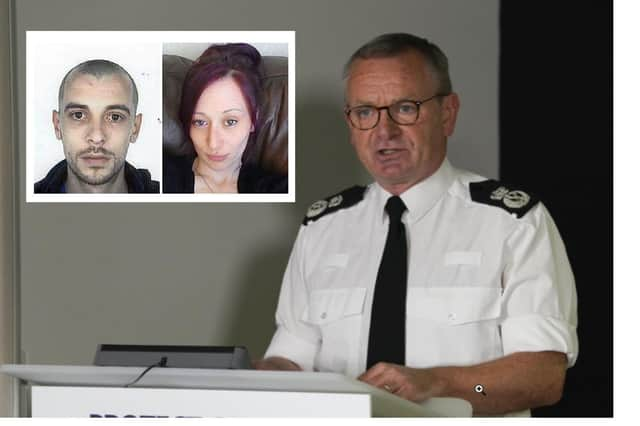Police Scotland: 71,000 missed calls is a lot, but there's more to the story than you might think – Tom Wood


Downright dangerous as well when you consider that the judgement as to whether an incident is routine or dire emergency is subjective.
The deaths of John Yuill and Lamara Bell hang as a horrible warning of what can go wrong. There is little doubt that had the call reporting their crashed car been graded as an emergency, the response would have been different.
Advertisement
Hide AdAdvertisement
Hide AdUnderstandably the Chief Constable is concerned, expressing personal regret that the average time for answering non-emergency calls is now five minutes. Police control rooms have been particularly hard hit by Covid-19. Given the close working environment, it’s easy to see why.
The Chief Constable is right to be concerned but will not have been surprised. There has always been a substantial ‘dark figure’ of unanswered routine calls. It’s true of many public and private services. Try getting your local council to answer the telephone or even BT.
For some, it seems a deliberate ploy: if you don’t have the stamina to listen to 20 minutes of lift music, your complaint couldn’t have been that important.
For the emergency services, there is no such ploy, just a combination of huge demand, staff shortages and the fact that even routine queries can take time to resolve.
For years, the problem of this hidden demand remained unquantified. Not so long ago, there was only the 999 emergency number and the listed number of your local police station. In a non-emergency you phoned or went to the station. The busier the station, the less likely the phone would be answered.
As a young officer working at a busy north Edinburgh station, I remember queues of people waiting patiently at the front counter. Our wise old sergeant would informally triage them, assess the priorities and politely ask the others to come back the next day.
He knew that few would return, that time would resolve most of the problems. It was the art of the possible. His priority was always to deal with the most important calls thoroughly.
That pragmatic system ended when centralised call-handling arrived in the 1990s. Initially we were swamped by the non-emergency calls we never knew we had. All the callers that had given up when their local station rang out were suddenly being counted. So alarmed were we that we carried out a large survey. What had we missed?
Advertisement
Hide AdAdvertisement
Hide AdThe results were interesting. Many were duplicates, the caller making contact in another way. Some had been escalated to an emergency call but many simply went away, the cat having left the tree, the neighbour turned down the music. My old sergeant’s theory was just as valid – time was a great healer.
I suspect many of Police Scotland’s non-urgent missed calls will be duplicates or have resolved themselves, but of course we cannot tell.
Any quantitative survey is limited in value. Until it is possible to drill down and establish the quality of of these missed calls, it’s impossible to know what’s been missed.
Until that time, the Chief Constable is right to be very concerned.
Tom Wood is a writer and former Deputy Chief Constable
